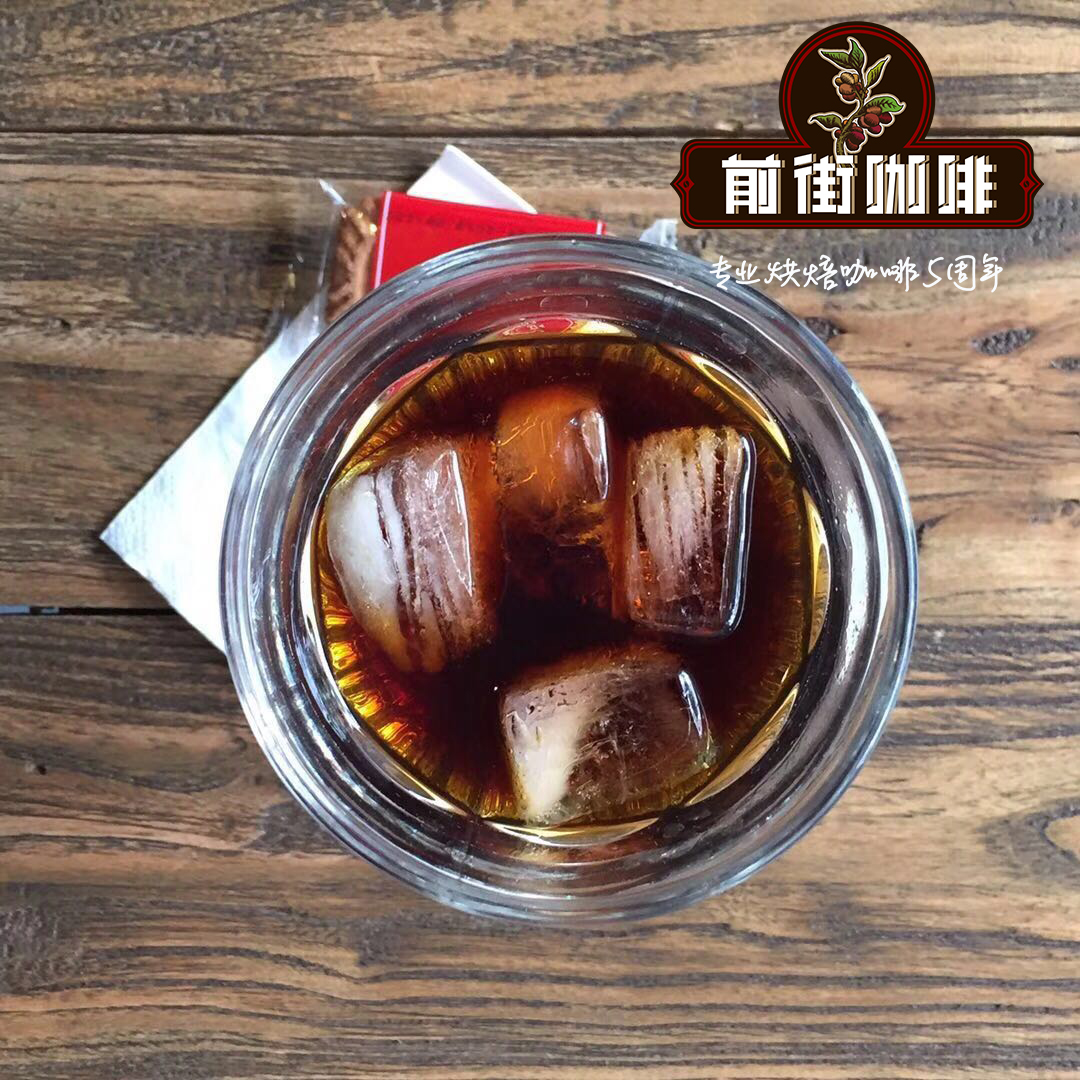The production method of Kopi Luwak A brief introduction to the Brand of Kopi Luwak producing area

Professional coffee knowledge exchange more coffee bean information please follow the coffee workshop (Wechat official account cafe_style)
Kopi Luwak, also known as civet coffee, comes from Indonesia and is called "Kopi Luwak" in Indonesian. " "Kopi" means coffee, while "Luwak" means civet, which is translated as civet coffee in English. Kopi Luwak is the most expensive coffee in the world, more expensive than Blue Mountain coffee and even more expensive than gold, costing between 700 and 4000 yuan a pound.
The origin of Kopi Luwak:
The origin of Kopi Luwak has a lot to do with the history of coffee production in Indonesia. In the early 18th century, the Dutch established coffee plantations in their colonies, Sumatra and Java, in the Dutch East Indies, bringing Arabica beans into Yemen as a profitable economic product. Between 1830 and 1870, Dutch rulers began to practice the so-called "farming system" (Dutch: Cultuurstelsel), and the Dutch banned local farmers from picking and eating their own coffee fruits. This disguised system of slavery led to a great deal of famine and poverty. Local farmers know that civets like to eat these coffee fruits, but they do not digest the coffee seeds and stay in their feces, so they collect, wash, drop coffee beans and roast them to make coffee drinks.
Why is Kopi Luwak so expensive?
The reason is simple, because the yield is small, rare and not easy to collect, the civet (civet cat) has traditionally been used as a tool for selecting high-quality coffee beans and treated with excrement. Civets love to eat the fruits of coffee trees, and only choose the reddest, ripe and sweetest coffee fruits. Although the flesh is absorbed, the coffee bean seeds in the middle are too hard for the civet's stomach to digest and will be excreted with feces. Coffee beans are fermented by intestinal bacteria in civets, and the protein of coffee beans is destroyed in the stomach, producing short peptides and free amino acids, reducing the bitterness of coffee. Local farmers collect the civet droppings, then wash the coffee beans, dry them in the sun and roast them at high temperatures. The most expensive Kopi Luwak is made by collecting the droppings of wild civets. Some coffee critics say that Kopi Luwak has a strong flavor, rich and strong aroma of wine, and will emit a unique aroma.
The origin of Kopi Luwak the origin of Kopi Luwak has a lot to do with the history of coffee production in Indonesia. In the early 18th century, the Dutch established coffee plantations in their colonies, Sumatra and Java, in the Dutch East Indies, bringing Arabica beans into Yemen as a profitable economic product. Between 1830 and 1870, Dutch rulers began to practice the so-called "farming system" (Dutch: Cultuurstelsel), and the Dutch banned local farmers from picking and eating their own coffee fruits. This disguised system of slavery led to a great deal of famine and poverty. Local farmers know that civets like to eat these coffee fruits, but they do not digest the coffee seeds and stay in their feces, so they collect, wash, drop coffee beans and roast them to make coffee drinks.
Important Notice :
前街咖啡 FrontStreet Coffee has moved to new addredd:
FrontStreet Coffee Address: 315,Donghua East Road,GuangZhou
Tel:020 38364473
- Prev

Is Sakuran a geisha coffee? what's the difference between a geisha coffee and a geisha coffee?
Professional coffee knowledge exchange more coffee bean information please follow coffee workshop (Wechat official account cafe_style) Ethiopian Sidamo Shakisso Natural country: Ethiopia: Guji region altitude: 2250-2350 treatment: sun varieties: local native species Heirloom producer: local small farmer Sakuran flavor: passion fruit, rose fragrance
- Next

Is the use of Blue Mountain Coffee easy to drink? are there any techniques for brewing?
Professional coffee knowledge exchange more coffee bean information please pay attention to the coffee workshop (Wechat official account cafe_style) [French pressure pot brewing Blue Mountain Coffee]: not too many skills, without filter paper, easy to use Blue Mountain Coffee grindability: grinding degree BG 6m (Chinese standard 20 sieve, 47% pass rate) Blue Mountain Coffee brewing method: 20g coffee beans, gouache ratio 1:14
Related
- Detailed explanation of Jadeite planting Land in Panamanian Jadeite Manor introduction to the grading system of Jadeite competitive bidding, Red bid, Green bid and Rose Summer
- Story of Coffee planting in Brenka region of Costa Rica Stonehenge Manor anaerobic heavy honey treatment of flavor mouth
- What's on the barrel of Blue Mountain Coffee beans?
- Can American coffee also pull flowers? How to use hot American style to pull out a good-looking pattern?
- Can you make a cold extract with coffee beans? What is the right proportion for cold-extracted coffee formula?
- Indonesian PWN Gold Mandrine Coffee Origin Features Flavor How to Chong? Mandolin coffee is American.
- A brief introduction to the flavor characteristics of Brazilian yellow bourbon coffee beans
- What is the effect of different water quality on the flavor of cold-extracted coffee? What kind of water is best for brewing coffee?
- Why do you think of Rose Summer whenever you mention Panamanian coffee?
- Introduction to the characteristics of authentic blue mountain coffee bean producing areas? What is the CIB Coffee Authority in Jamaica?

